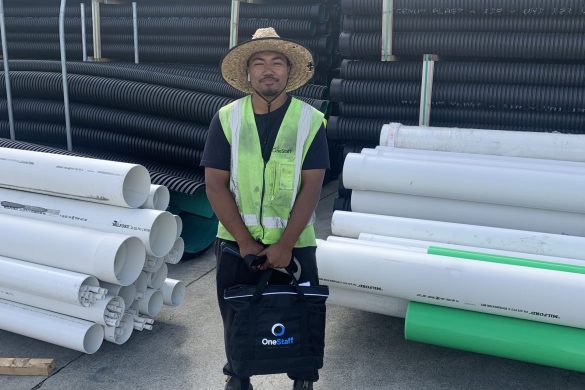The New Year can be a typical time for employees to hand in their resignation and look for new beginnings, and saying farewell to valuable performers is neither easy nor pleasant for employers. Although a counter-offer might seem like a good idea, putting one forward could end up being a waste of time on your part if the employee says no. But there’s more to it than just that. The number one reason that counter-offers don’t work, quite simply, is:
Counter-Offers Can Cause Bigger Issues
Counter-offers are often used to hold on to skilled employees through incentives, bonuses, or a salary increase. The problem here is that money is generally a short-term fix, and it might not be able to solve any long-term issues that an employee is struggling with. Even if your employee does accept a counter-offer, up to 80% of employees end up leaving in the next six months. Another big issue is that, if other employees hear about the counter-offer, it could lead to employees beginning their own job-search in hopes of getting a counter-offer as well. On the other hand, your employees in similar roles or job descriptions can begin to question why they haven’t received a higher salary either. Putting time and effort into keeping one employee, regardless of how important they are, could end up having a negative effect on your company, employee morale, and the rest of your team.
When it comes to counter-offers, the most important thing is to ask yourself is “will it really change things for the better?” Your employee would have made it very clear if they’ve already accepted a new role, and outlined their reasons for resigning. If you can’t meet the demands of your employee, or satisfy the reasons that they’ve given for leaving, then it does not make sense to put forward a counter-offer. The best thing that you can do in this situation is to get feedback from your employee on what they need, or would have preferred during their time with your company. Whether this is more responsibility in their role, a promotion, or a change in department, it can give you an idea of what would make them want to stay. You can then use this feedback to improve your company for your next hire.
Regardless of the size of your industry or location, finding a good worker can be hard, especially when the competition for talent is fierce. With the construction industry is expected to grow 3.2% per annum until 2017, that’s only going to get worse, so it makes sense to want to hold on to valuable employees. Losing employees can be stressful, but a permanent hire made in haste may not alleviate your stress levels! While you search for a suitable replacement, bringing in temporary workers can be a refreshing change and it is less hassle for you. Temporary workers are available if you need a quick replacement, and they can significantly strengthen your company. If you need a rapid replacement get in touch with your local OneStaff office; we can find you someone that meets your requirements quickly.
Lastly
You will have heard it before, but employees are the most valuable asset to any company. So of course, it can be disappointing to lose a skilled employee, but it is sometimes inevitable. A good way to handle this and limit turnover, is to focus on your current employee’s needs with a strong employee retention strategy. Recognising your employees’ achievements can make employees want to stick around long-term, and you’ll also end up with more skilled, capable, and valuable employees.
It’s also important to have a strong employee development program in place so that your team are given everything they need for their career development. Putting this employee development program into action can improve your hiring process, and help you find a replacement if someone does decide to leave your company.
Summary
Once an employee has handed in their resignation, trying to persuade them to stay with a counter-offer usually doesn’t end well for either party. Instead, treat their resignation as a learning curve and focus on what you can do to improve your company for your current, and future employees.
If you have had a surprise resignation from your employee and you aren’t sure how to respond to it, feel free to get in touch with us today.








